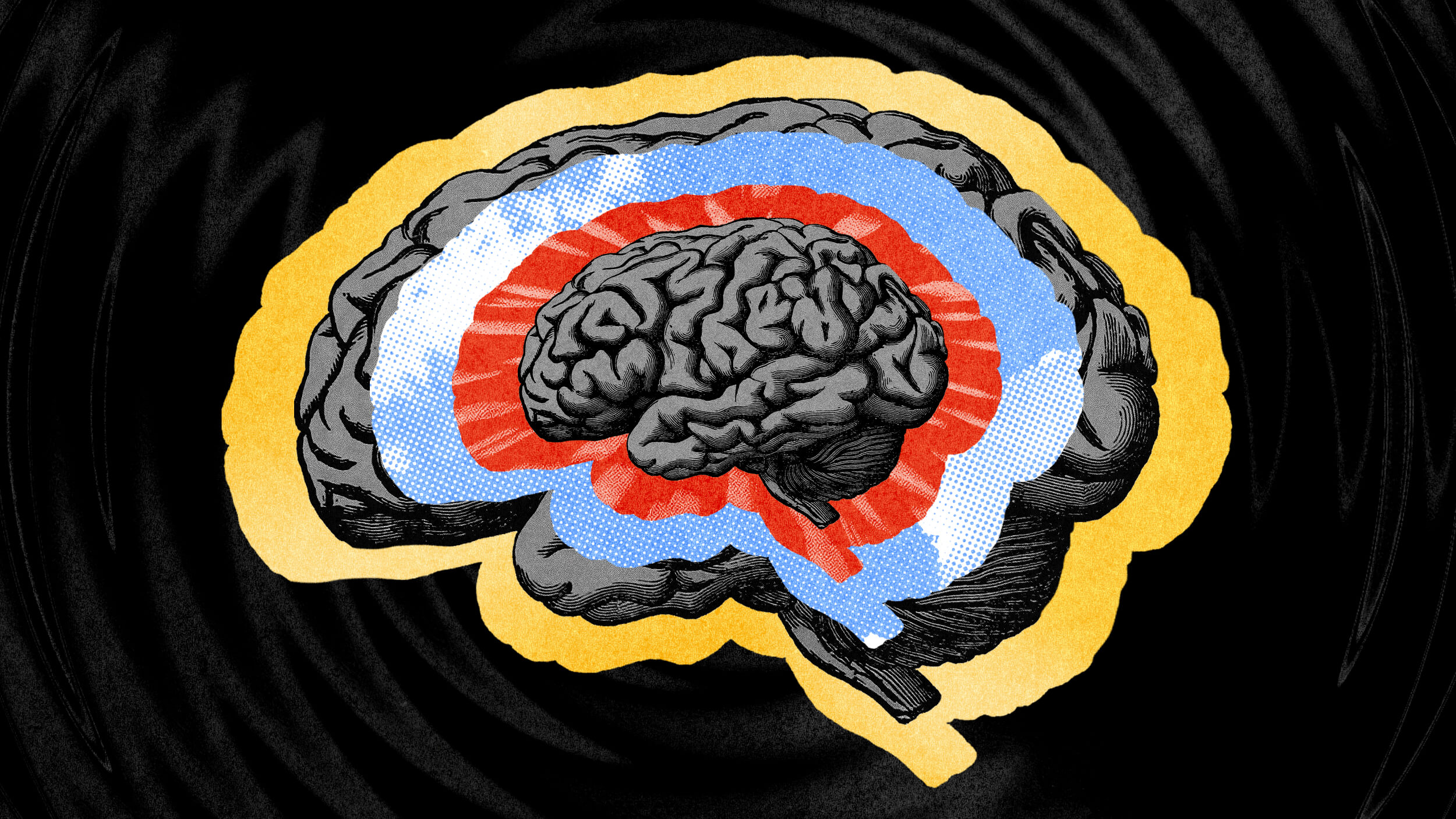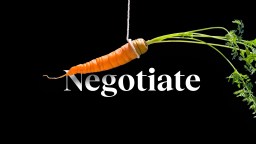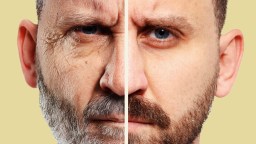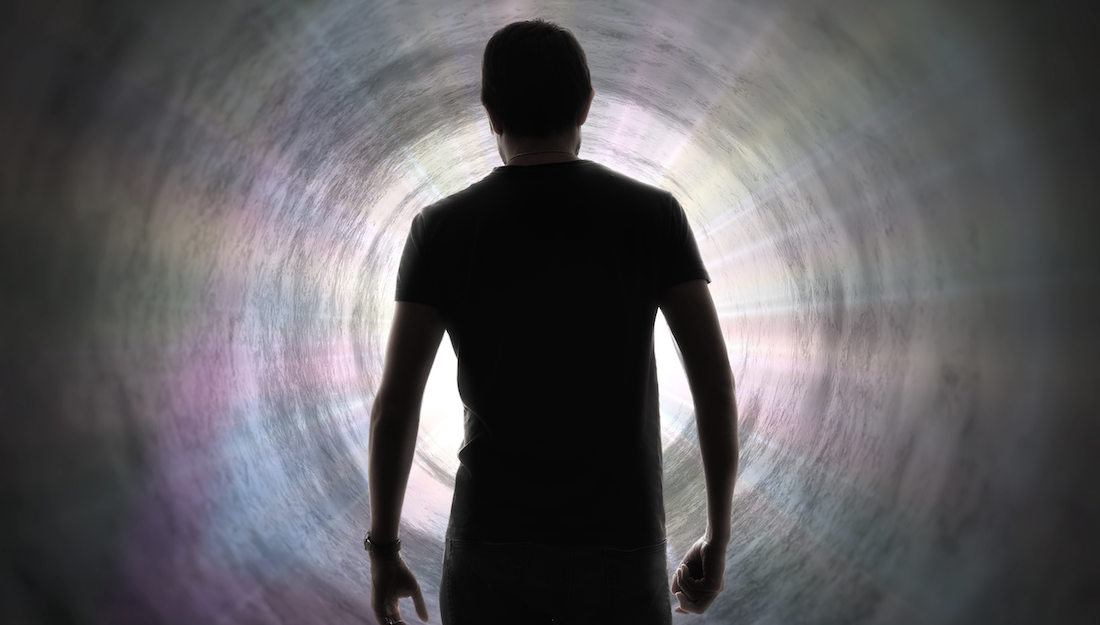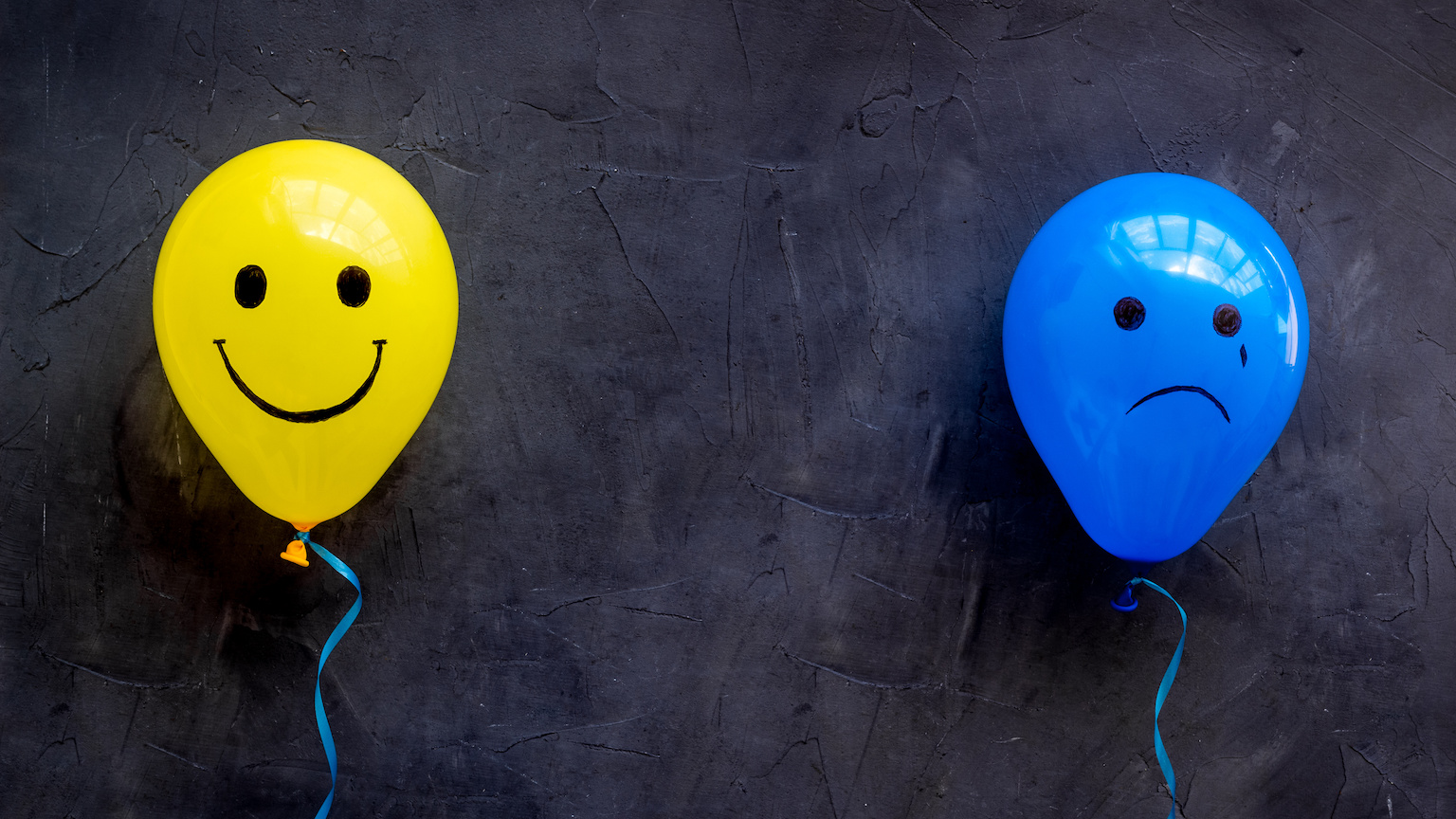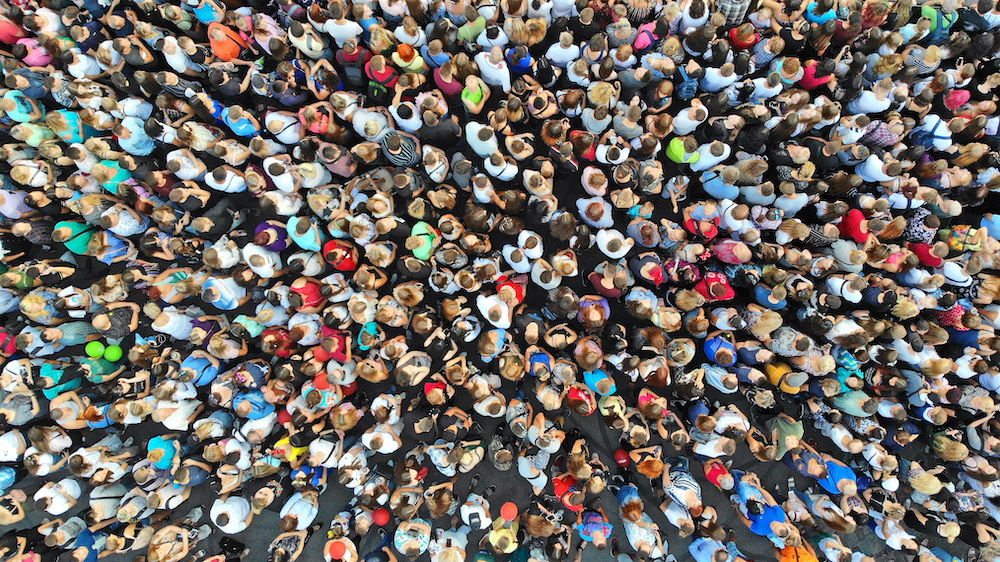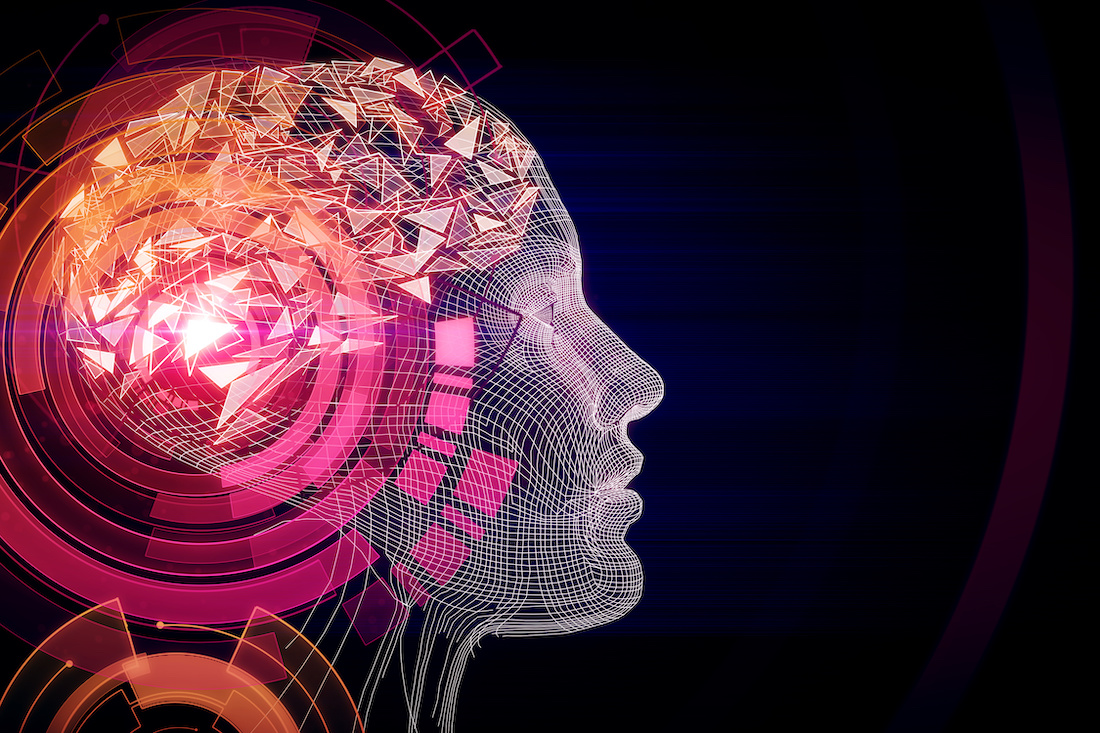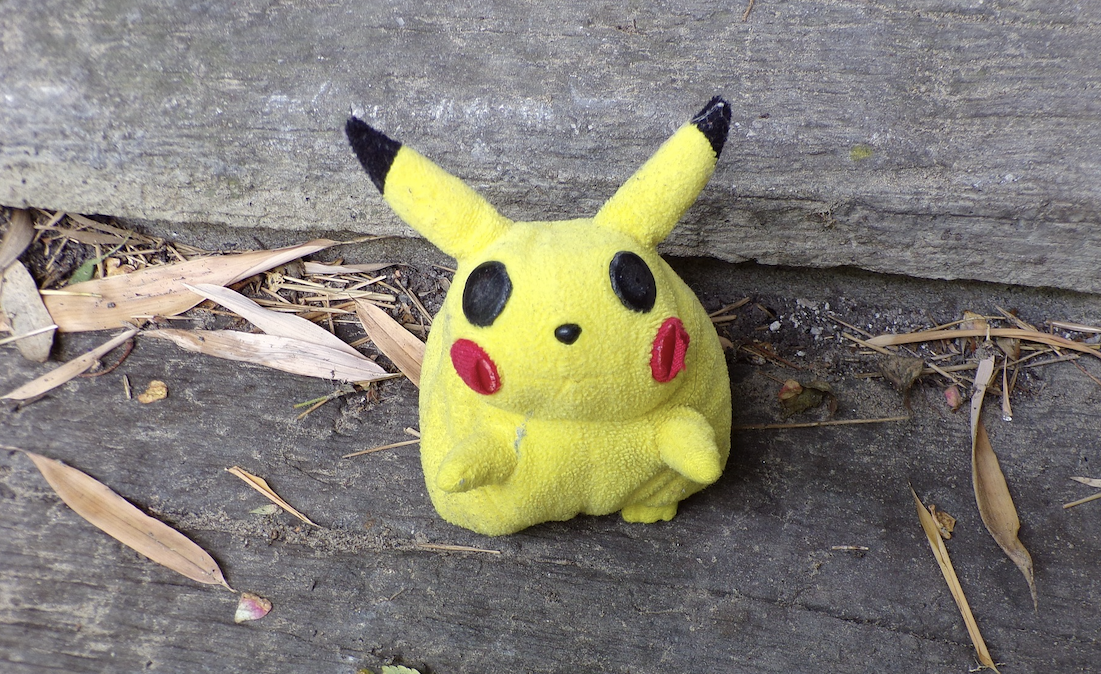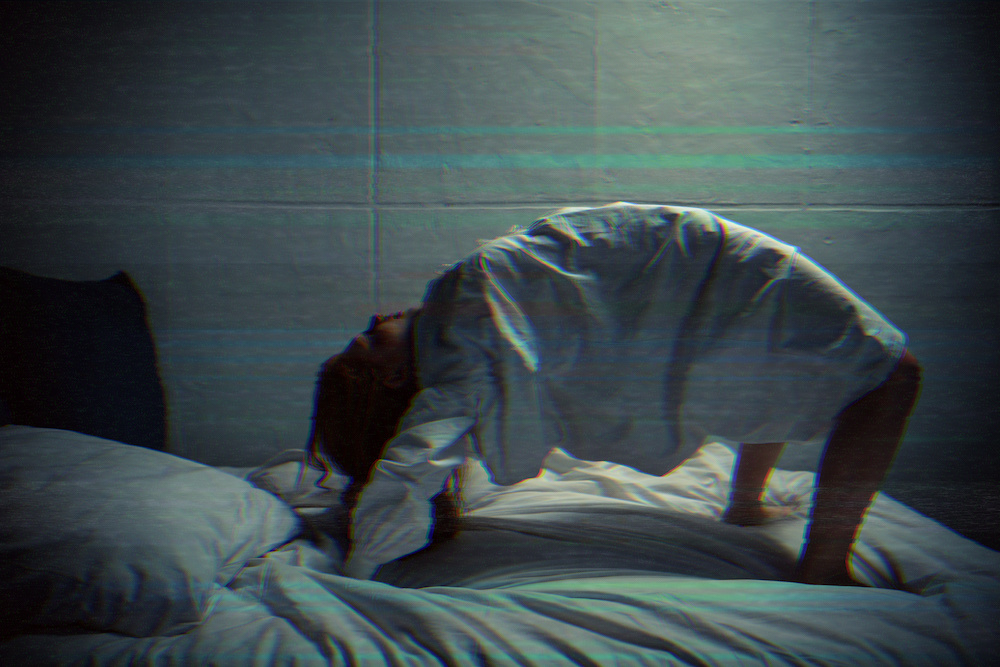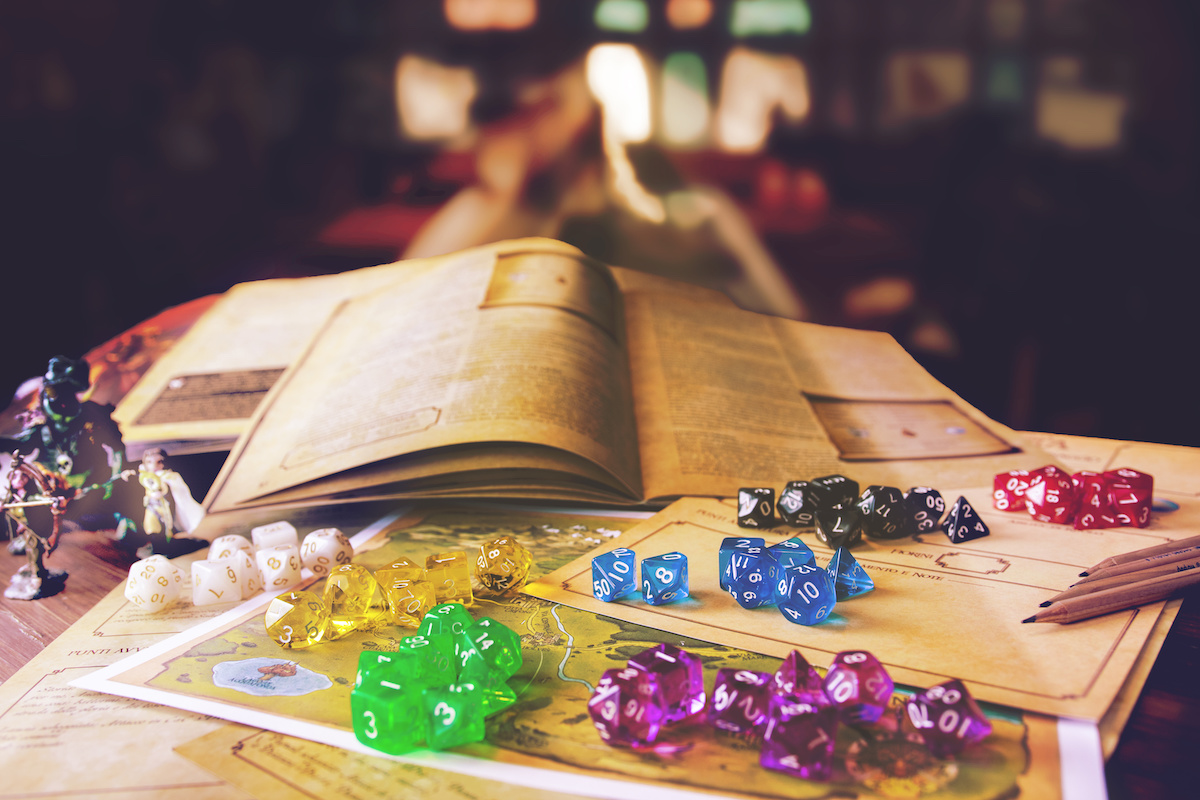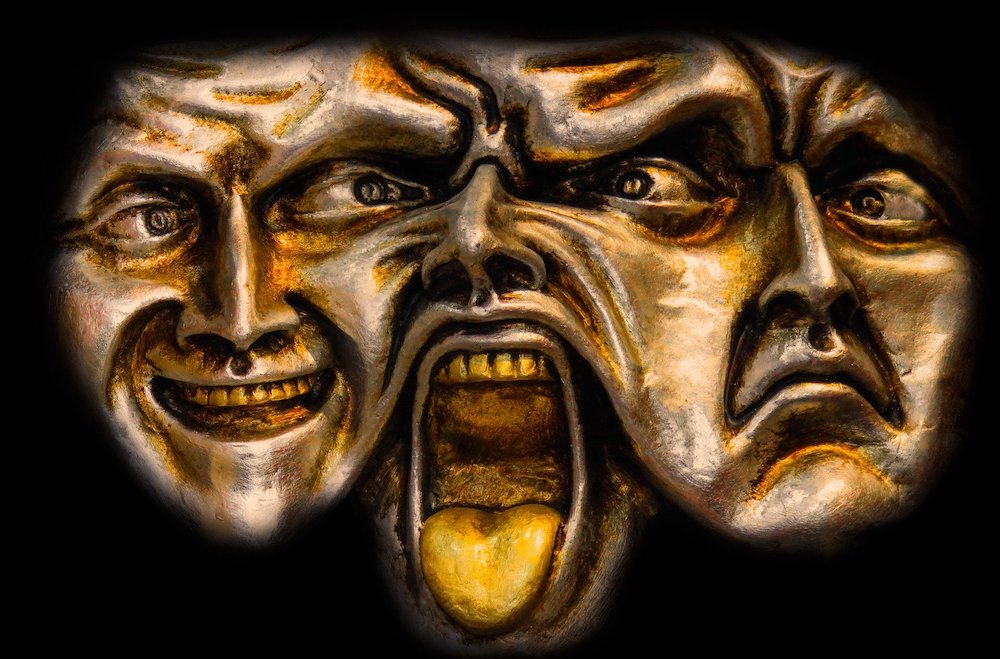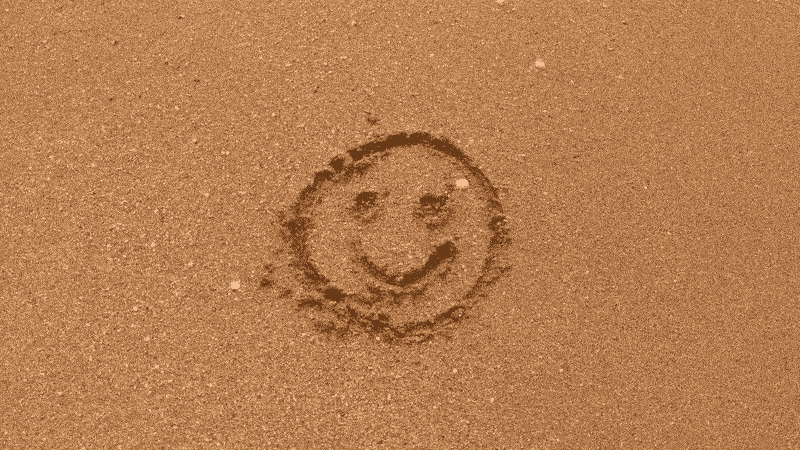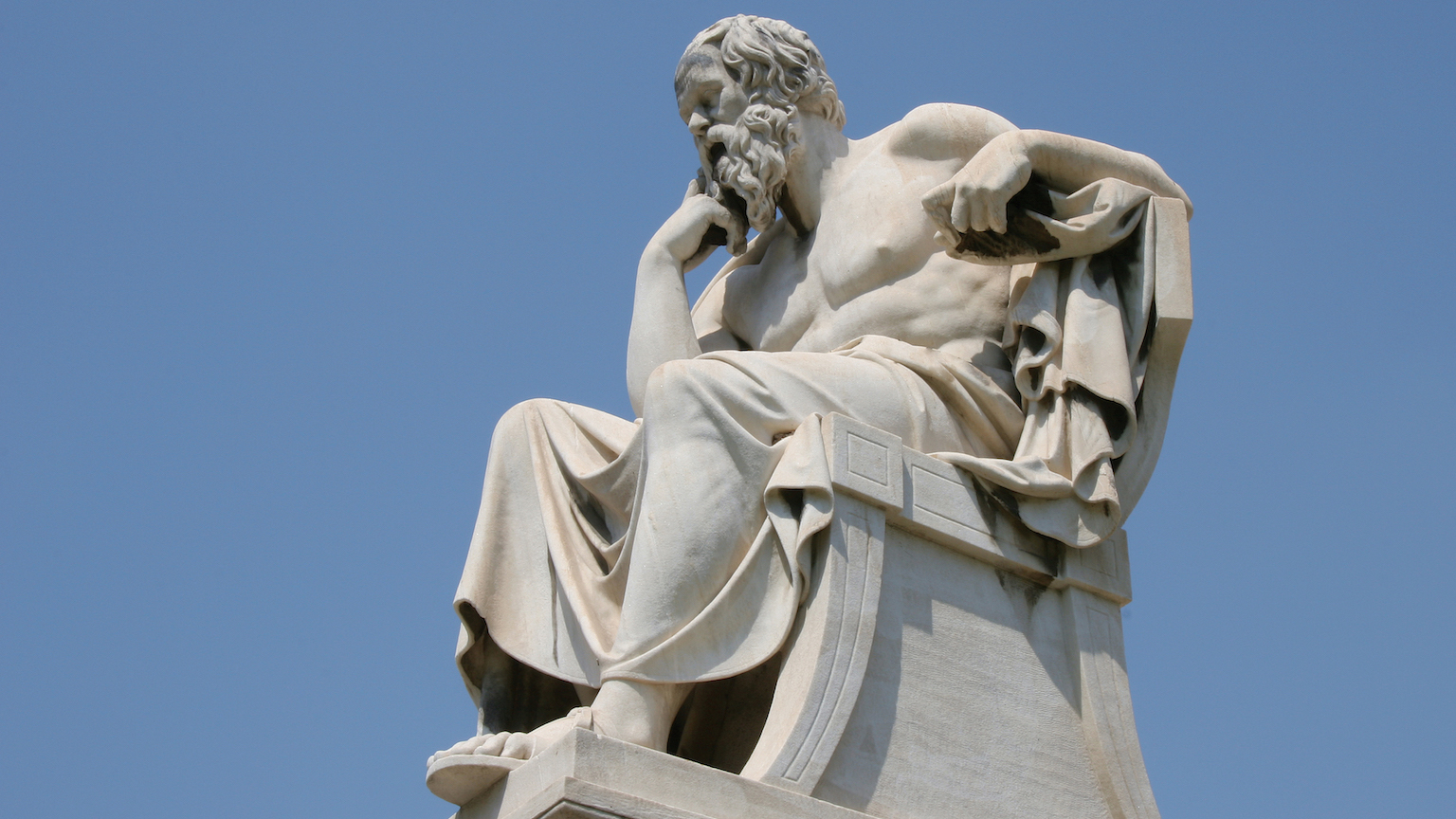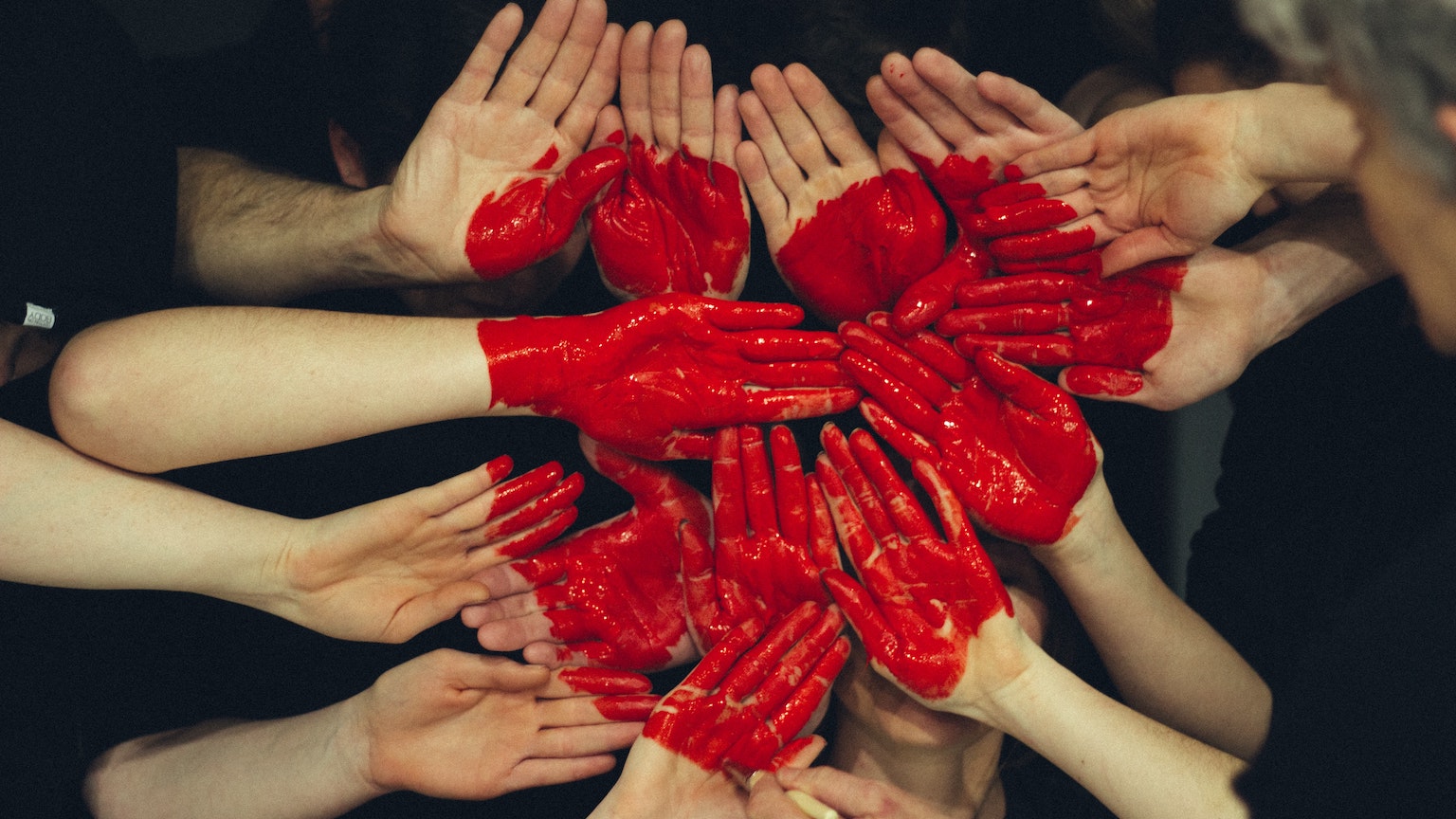thinking
Pessimissts are never disappointed, but are they also kinder?
What can drugs teach us about consciousness?
Primatologist Frans de Waal inadvertently popularized the term “alpha male.” Now, he’s debunking common stereotypes to explain what an “alpha male” really is — empathetic and protective.
▸
7 min
—
with
Who — or what — really controls your mind?
A part of human nature needs to be challenged and feel strong. Today, we fulfill that need with “surrogate activities.”
Why the best negotiators are nice, not tough.
▸
7 min
—
with
Futurist Ari Wallach shares how to become future-conscious.
▸
4 min
—
with
Prison is an unreliable method of punishment. Let’s do better.
If secrets are a kind of poison, confession is the antidote.
A growing body of research shows that religious people seem to enjoy more psychological well-being compared to others.
A lot of research assumes happiness is measured by comfort and material conditions. For Aristotle, it is about being the best we can be.
We value human life in a way that assumes we possess a sacred something not found in beings like lambs, turkeys, or mosquitoes.
From boosting empathy to improving therapy, virtual reality is poised to change our ideas of the self.
For some people, there is only one thing to live for. They commit their entire being to that thing. They are dangerous.
Pokémon has people wandering the world to enslave wild and magical creatures so they can fight in painful blood sports. What’s fun about that?
The gospels imply that Jesus became famous as much for his exorcisms as his ministry.
For such a near-universal concept, the definition of “heroism” is difficult to pin down.
Role-playing games like Dungeons and Dragons offer a valuable insight: Life is about shifting labels.
The most momentous and significant events in our lives are the ones we do not see coming. Life is defined by the unforeseen.
Learning styles are supposed to help learners take ownership of their education, but research doesn’t back up this well-intentioned myth.
How we handle grief largely depends on our worldview. Here is how three famous philosophers handled the certainty of grief and despair.
All religions have totems, rites, and taboos that are considered “sacred.” Émile Durkheim believed society is largely underpinned by them.
It’s better to pursue moral actions instead of the ephemeral state of happiness, according to the philosopher Immanuel Kant.
We all employ heuristics to help us deal with the world. But when we make a hasty generalization, we risk making a big error in our thinking.
Stoicism says that we should change what we can, endure what we must. The company we keep is something we can, and often should, change.
Intrinsic religiosity has a protective effect against depression symptoms.
Labeling thinkers like Albert Einstein and Steve Jobs as “other” may be stifling humanity’s creative potential.
▸
14 min
—
with
There is no success without failure, but the fear of the latter is what’s really keeping you from achieving your goals.
▸
15 min
—
with
The present-moment awareness that stems from mindfulness practices may be the cost-effective tool that our society needs.
The famous cognition test was reworked for cuttlefish. They did better than expected.

